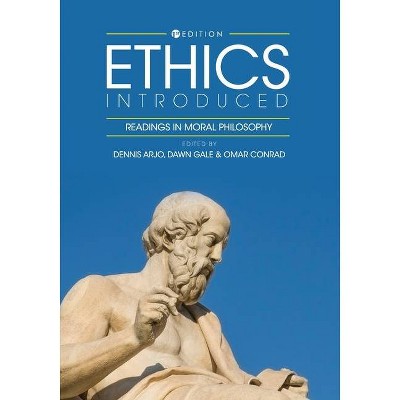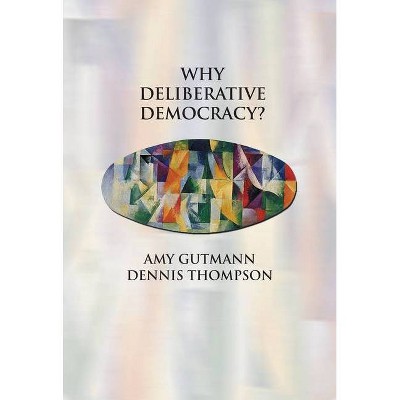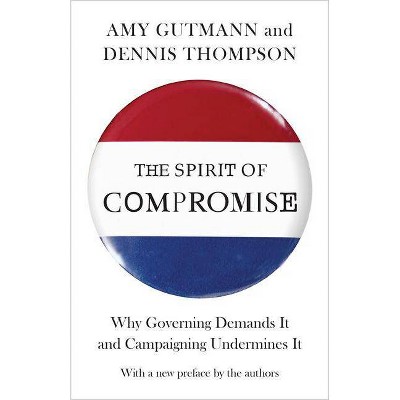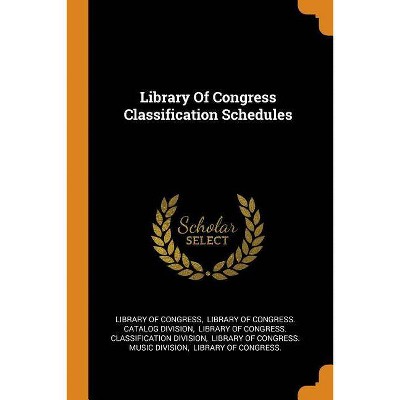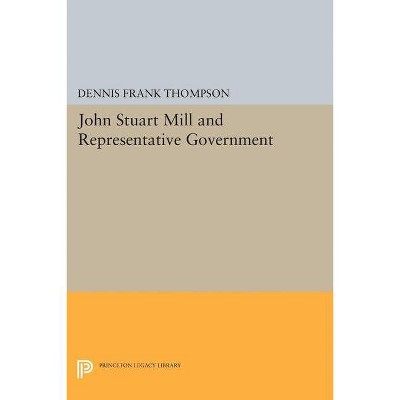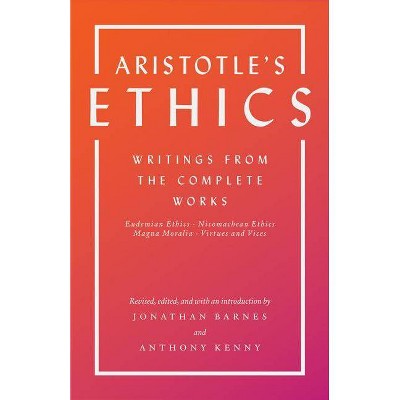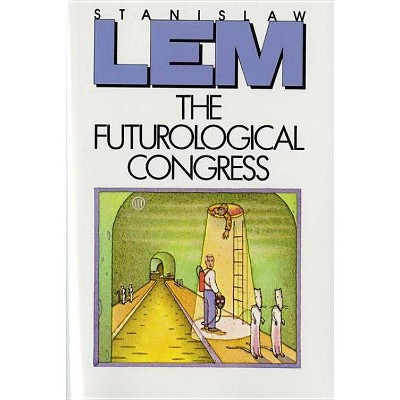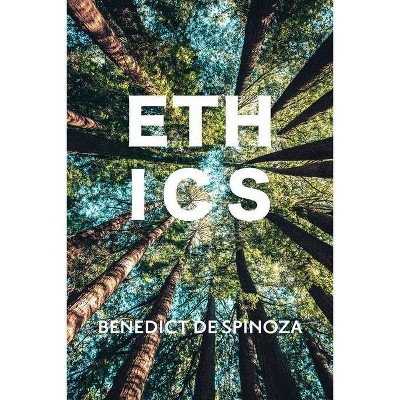Ethics in Congress - by Dennis F Thompson (Paperback)
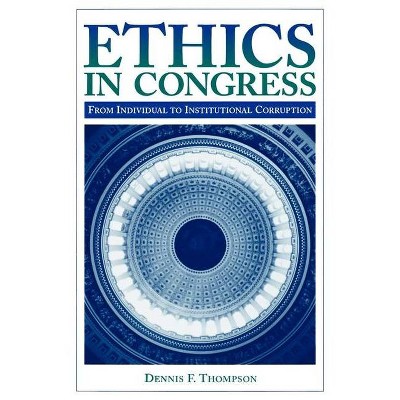
Similar Products
Products of same category from the store
AllProduct info
<p/><br></br><p><b> About the Book </b></p></br></br><p>More members of Congress have been investigated and sanctioned for ethical misconduct in the past decade and a half than in the entire previous history of the institution. But individual members are probably less corrupt than they once were. Stricter ethics codes and closer scrutiny by the press and public have imposed standards no previous representatives have had to face. Dennis Thompson shows how the institution itself is posing new ethical challenges, how the complexity of the environment in which members work creates new occasions for corruption and invites more calls for accountability.</p> <p>Instead of the individual corruption that has long been the center of attention, Thompson focuses on institutional corruption which refers to conduct that under certain conditions is an acceptable part of the job of a representative. Members are required to solicit campaign contributions, and they are expected to help constituents with their problems with government, but some ways of doing these jobs give rise to institutional corruption. The author moves the discussion beyond bribery, extortion, and simple personal gain to delve into implicit understandings, ambiguous favors, and political advantage.</p> <p>Thompson examines many major ethics cases of recent years. Among them: the case of David Durenberger, accused of supplementing his income through book promotions; the case of the Keating Five, accused of using undue influence with the Federal Home Loan Bank Board on behalf of Lincoln Savings and Loan owner Charles Keating; and the case of House Speaker James Wright, accused of several offenses.</p> <p>Thompson shows why neither the electoral process nor the judicial process is sufficient and argues for stronger ethics committees and the creation of a new quasi-independent body to take over some of the enforcement process. He offers more than a dozen recommendations for changes in the procedures and practices of ethics in Congress.</p> <p>The book features a listi<p/><br></br><p><b> Book Synopsis </b></p></br></br><p>More members of Congress have been investigated and sanctioned for ethical misconduct in the past decade and a half than in the entire previous history of the institution. But individual members are probably less corrupt than they once were. Stricter ethics codes and closer scrutiny by the press and public have imposed standards no previous representatives have had to face. Dennis Thompson shows how the institution itself is posing new ethical challenges, how the complexity of the environment in which members work creates new occasions for corruption and invites more calls for accountability.</p> <p>Instead of the individual corruption that has long been the center of attention, Thompson focuses on institutional corruption which refers to conduct that under certain conditions is an acceptable part of the job of a representative. Members are required to solicit campaign contributions, and they are expected to help constituents with their problems with government, but some ways of doing these jobs give rise to institutional corruption. The author moves the discussion beyond bribery, extortion, and simple personal gain to delve into implicit understandings, ambiguous favors, and political advantage.</p> <p>Thompson examines many major ethics cases of recent years. Among them: the case of David Durenberger, accused of supplementing his income through book promotions; the case of the Keating Five, accused of using undue influence with the Federal Home Loan Bank Board on behalf of Lincoln Savings and Loan owner Charles Keating; and the case of House Speaker James Wright, accused of several offenses.</p> <p>Thompson shows why neither the electoral process nor the judicial process is sufficient and argues for stronger ethics committees and the creation of a new quasi-independent body to take over some of the enforcement process. He offers more than a dozen recommendations for changes in the procedures and practices of ethics in Congress.</p> <p>The book features a listing of ethics charges, classified by type of corruption, considered by Congress from 1789 to 1992.</p> <p>Selected by Choice as an Outstanding Book of 1995</p><p/><br></br><p><b> From the Back Cover </b></p></br></br>The reputation of Congress is not high, and anyone who writes about its ethics runs the risk of either encouraging the bashers or joining the apologists. This book was written in a spirit of respect for Congress and with an attitude of admiration for most of those who serve as members.<p/><br></br><p><b> Review Quotes </b></p></br></br><br><P>"a suggestion for the policy wonk on your Christmas shopping list" --Kathy Gill, "About.com", 12/10/2007<br><br><P>"A lucid perspective on the state of congressional ethics.... Readable, erudite, and subtly argued." -- "Kirkus Review"<br><br><P>"Exemplifies bold intellectual leadership. It identifies, clarifies, and illustrates the political problem of institutional corruption. It is an elegant analysis of practices of Congress and principles of representative democracy by some one who wants to strengthen both." --Richard F. Fenno, University of Rochester<br><br><P>"The whole area of Congressional ethics is in desperate need of nuance, analytical rigor, and attention to the problems that really matter. Thompson brings those qualities to the topic. His move to institutional corruption is important conceptually because most people, practitioners and thoughtful commentators alike, are preoccupied with individual corruption. And it's important practically because that preoccupation blinds everybody to some truly important issues. Thompson brings a rare clarity, perspective, and detachment to these matters." --John Kingdon, University of Michigan, Author of Congressmen's Voting Decisions<br><br><P>"This important book on a timeless topic should be added to every serious political library. " -- "Choice"<br><br><P>"Thompson's commonsense, real world approach, when combined with his scholarship and brilliance, make this a major contribution to the field of congressional ethics." --Robert S. Bennet, Former Special Counsel, Senate Ethics Committee, "Endors"<br><p/><br></br><p><b> About the Author </b></p></br></br><P>Dennis F. Thompson, the Alfred North Whitehead Professor of Political Philosophy and director of the Program in Ethics and the Professions at Harvard University, is the author of "Political Ethics and Public Office" (Harvard, 1987).
Price History
Price Archive shows prices from various stores, lets you see history and find the cheapest. There is no actual sale on the website. For all support, inquiry and suggestion messagescommunication@pricearchive.us
